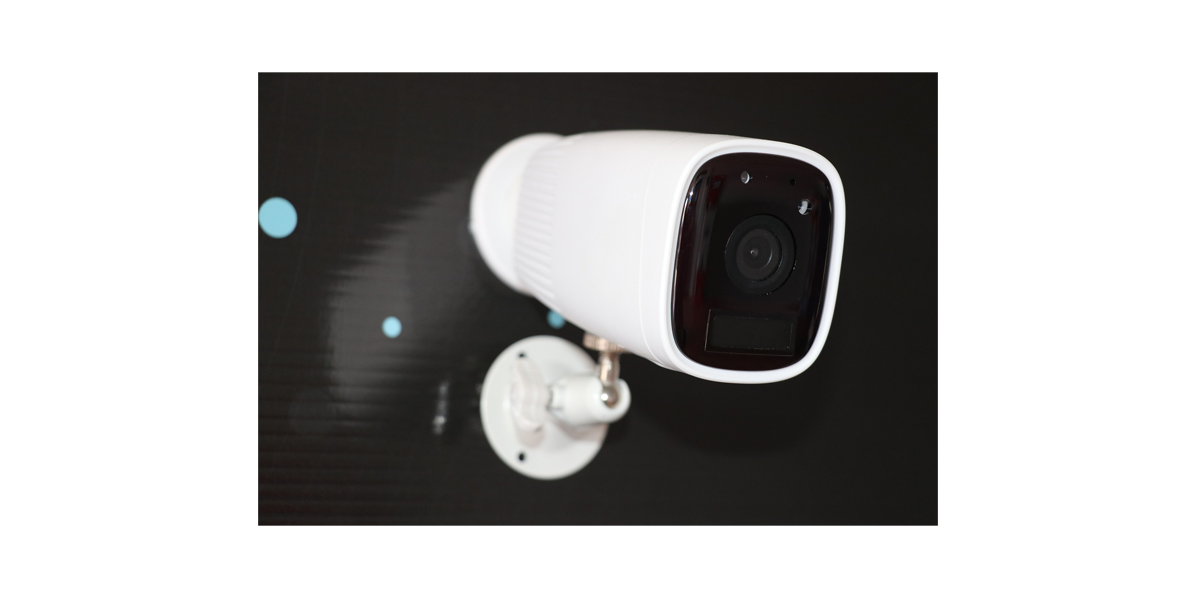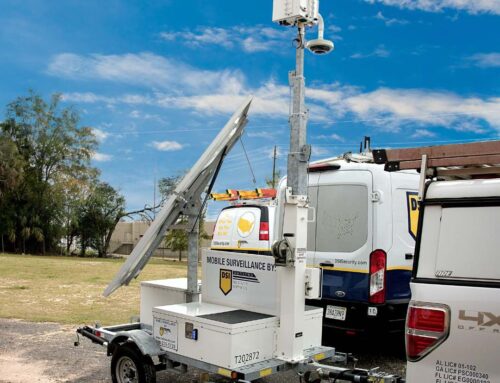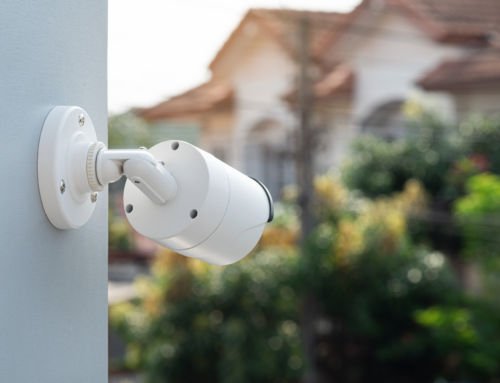By Jamie Ridenhour
Many businesses looking to implement a security program struggle with the decision of whether to hire their own security personnel or to contract with a professional security agency. The decision is not a simple one and there are a number of factors that need to be considered. Control of the program, available resources, cost comparison and simply whether to get involved with a time-consuming task that falls outside of a company’s core expertise are all details that must be considered.
When organizations make the decision to handle security in-house, control and familiarity are usually among the primary reasons. Managing a security program internally allows a company to design and maintain a level of security that meets their needs and protects what is most important. Owners and managers may feel that they have better control over the quality of personnel when they are the ones doing the hiring rather than an outside vendor.
However there is risk with familiarity and time and cost considerations regarding control. Regarding familiarity internal security personnel may be more likely to overlook minor violations of protocol when it comes to coworkers. This can lead to a lax security program. Attention must be paid to whether officers are too comfortable with the people they are protecting. Control can be costly and time consuming for management of an in-house program.
Cost is often the deciding factor. The monthly cost of a security contractor is an easy number to quantify and may seem high compared to the salary of internal hires. However it is important to take a number of additional costs into consideration. Taxes and unemployment compensation are obvious additional costs, but fringe benefits, training, and cost of equipping personnel need to be factored in, as well. The time internal managers would spend running an internal program must also be factored into the cost.
It is imperative for decision makers to understand that a sufficient security program involves more than just a security officer or two. There really needs to be a manager in place to design and implement a sufficient security program. A manager must also make sure that posts are staffed, protocols are adhered to and that the program is meeting requirements. A good manager can also research and implement security measures that are not labor related, such as new technology.
Leveraging technology is one way that businesses can enhance the cost-effectiveness of any type of security program. Security cameras, particularly when coupled with artificial intelligence (AI), are a great way to improve security without additional staff, and this technology is getting better and less expensive by the year. As we mentioned in New Technology in the Security Industry, camera systems are easier to install and more functional than ever before. AI is a major enhancement that allows cameras to better discern the difference between potential threats and regular activity, reducing alerts and the time required to review video footage.
Motion detection devices, door and window alarms, and silent alarm buttons are some other relatively low cost pieces of technology that can improve the security footprint. These devices can be used to alert company personnel or can be monitored by a contracted service.
While technology can be a relatively inexpensive way to enhance security, organizations must be sure that sensitive areas are adequately covered and being monitored continuously. Once again, this is a role that a professional security service can often fill more economically and reliably.
A low cost and high reward activity that any company can implement is company-wide security training. Most companies have an established training routine for all employees regarding fire or medical emergencies, but far fewer discuss physical security. Making physical security awareness part of training for all employees can create an atmosphere where everyone is watching out for the company and coworkers.
Employees should be trained on how to identify a threat and ways to increase their awareness of their surroundings. As we discussed in Safety in Crowded Environments and Holiday Shopping Safety, remaining vigilant and aware can significantly decrease your risk of theft or violence. The same applies for businesses, where an alert employee can spot potential trouble before it starts, much the same as a security officer would.
While in-house security is certainly an option, it should be clear that implementing and managing an effective security program can be a formidable task, as we discussed in Benefits of Partnering with a Total Solutions Security Provider. Organizations must be sure to understand the requirements for a security program before committing to implementing one. Often, that analysis will end up making a partnership with a security provider an attractive idea.







